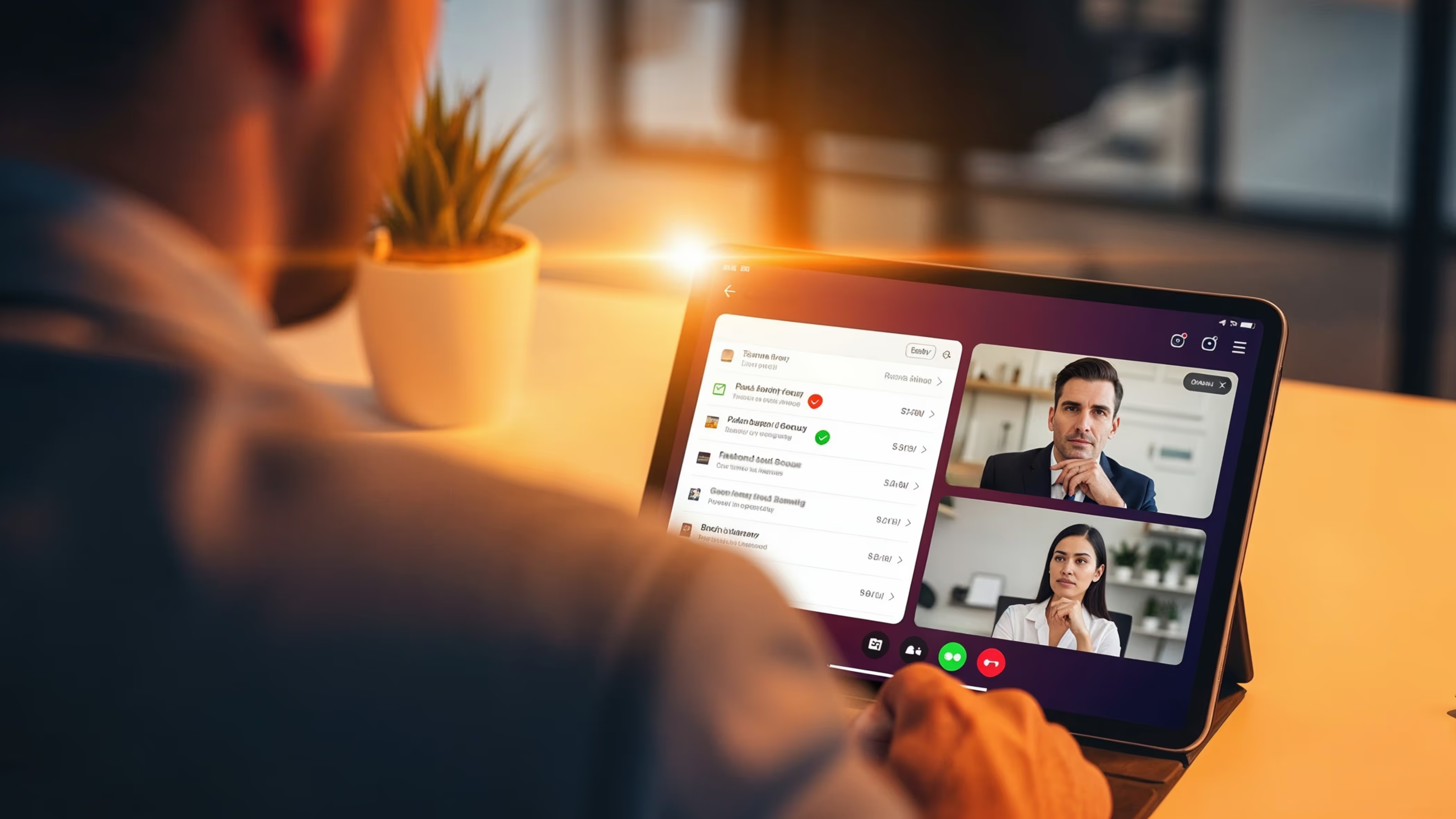As law firms continue to embrace remote case managers, one issue often moves to the forefront: cybersecurity. With sensitive client data, confidential case details, and financial records at stake, ensuring your remote workforce operates securely is non-negotiable.
The good news? With the right practices in place, firms can confidently work with remote case managers while protecting data, complying with regulations, and maintaining client trust.
Why Cybersecurity Matters More for Law Firms
Legal practices handle highly sensitive information, everything from personal injury records to corporate contracts. A single data breach can:
- Damage client trust
- Lead to malpractice claims
- Trigger compliance violations under laws like HIPAA or GDPR
- Cost the firm thousands (or even millions) in remediation
Remote staffing expands a firm's digital footprint, which means firms must be proactive about cybersecurity.
Cybersecurity Essentials for Working with Remote Case Managers
Here are 7 ways you can strengthen your firm's security protocols and work confidently with remote case management teams without compromising client data.
1. Secure Communication Channels
Eliminate the risk of sensitive data being intercepted or sent to the wrong recipient by controlling how your team communicates.
Best Practice:
- Use only encrypted or approved platforms.
- Ban unsecured channels.
- Personal email accounts
- Regular messaging apps (e.g., WhatsApp, Messenger)
- Any other unverified or unsecured platform
- Choose platforms built for law firms that include
- Message recall – undo accidental sends
- Read receipts – confirm message delivery
- Audit trails – track communications for compliance
💡 Why It Matters
Human error is one of the leading causes of data breaches in law firms. By keeping communications within secure systems, you prevent exposure and maintain compliance.
2. Strong Authentication Protocols
Add multiple layers of defense against unauthorized access to protect sensitive systems and data.
Best Practice:
- Require multi-factor authentication (MFA).
- Use authenticator apps or hardware keys.
- Avoid SMS-based verification.
- Establish recovery protocols.
💡 Why It Matters
MFA protects accounts even if passwords are compromised.
3. Role-Based Access Controls
Ensure remote case managers only access data needed for their responsibilities.
Best Practice:
- Use granular permission settings.
- Audit permissions regularly.
- Apply time-limited access.
- Document access rights.
💡 Why It Matters
Limiting access reduces both insider and external security risks.
4. Device and Network Security
Protect devices used by remote staff with minimum security standards.
Best Practice:
- Require antivirus and firewalls.
- Use VPN connections.
- Enable screen locks and encryption.
- Educate staff on suspicious links.
💡 Why It Matters
Your security is only as strong as the devices accessing your systems.
Protect Your Firm with Security-Trained Remote Case Managers
Implementing these seven cybersecurity essentials protects your firm from breaches, builds client trust, and ensures compliance—but technology is only half the battle. Real security requires a team that makes it part of their daily routine.
That's where the right remote case managers make all the difference.
Our remote case managers don't just understand legal workflows—they're trained in industry-standard security protocols from day one.
They know how to flag suspicious emails, follow encrypted communication procedures, maintain strict access controls, and integrate seamlessly into your secure systems without creating vulnerabilities.
SCHEDULE A DEMO
Discover how our security-trained team can help you grow with confidence.
No compromises. No vulnerabilities. No second-guessing.





.png)














%20(2)%20(2).avif)
.avif)



